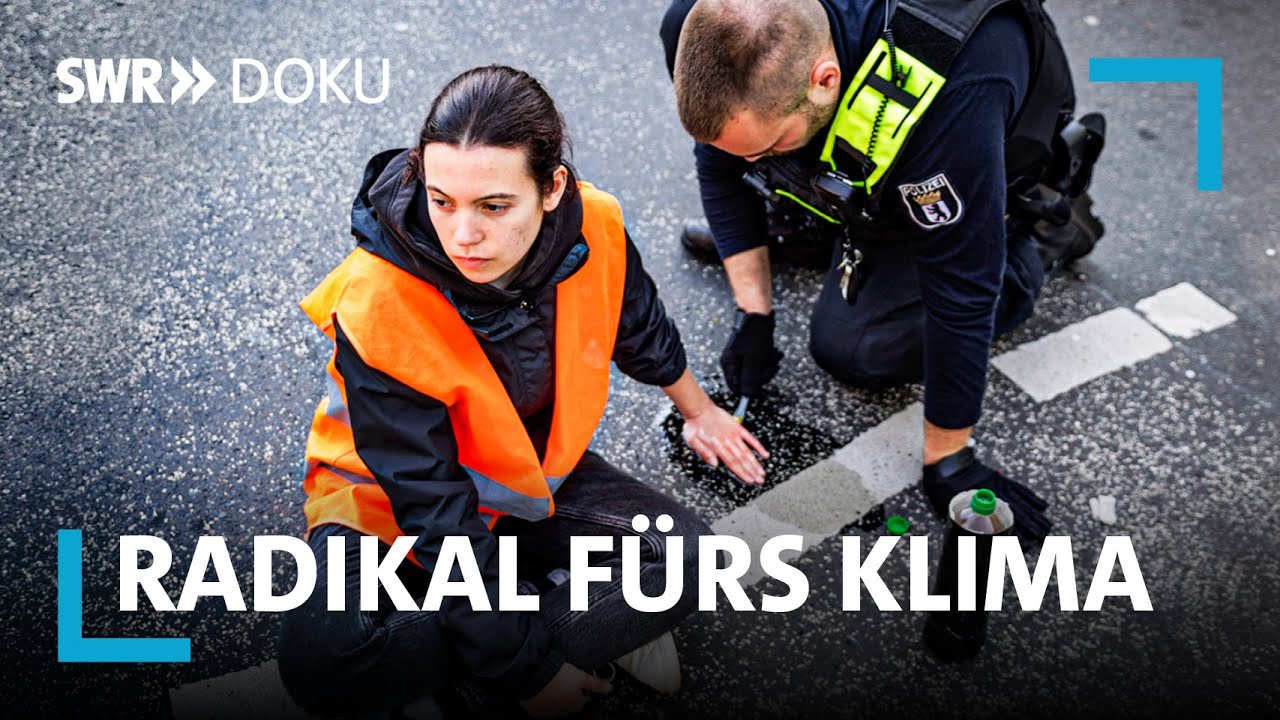Neubauer antwortet auf die Frage: “Helfen die radikaleren Aktionen dem Klimaschutz überhaupt oder schaden sie ihm?”
Das Ziel laut “Letzte Generation” (Minute 13:30): “Wir gewinnen, sobald die Polizei überläuft. Da wird es eng für den Staat” Laut Studie von SWR: 85% der deutschen Bevölkerung lehnen die Methoden der “Letzten Generation” ab. Die Hoffnung auf den Überlauf scheint sehr viel Wunschdenken zu sein und die Wirkung ihrer Taten zu ignorieren. Stattdessen kannibalisieren sie Fridays For Future in den Medien



Das ist keine Spaltung, das ist Diversity of Tactics. Es ist total notwendig, verschiedene Aktionsformen und unterschiedliche Ansätze für Protest und Widerstand zu haben. Sich öffentlich davon zu distanzieren spaltet die Bewegeung, indem sie in “gute” und “schlechte” Aktivistis aufgeteilt wird. Das macht Repressionen auf die eine Seite leichter und ermöglicht es, die moderate Seite durch unzureichende Zugeständnisse ruhig zu stellen. Klassisches Divide and Conquer, und da ist noch nichtmal ne Spaltung von außen notwendig, wenn die Klimagerechtikeitsbewegung sich selbst spaltet.
Aus Full Spectrum Resistance Volume 1.